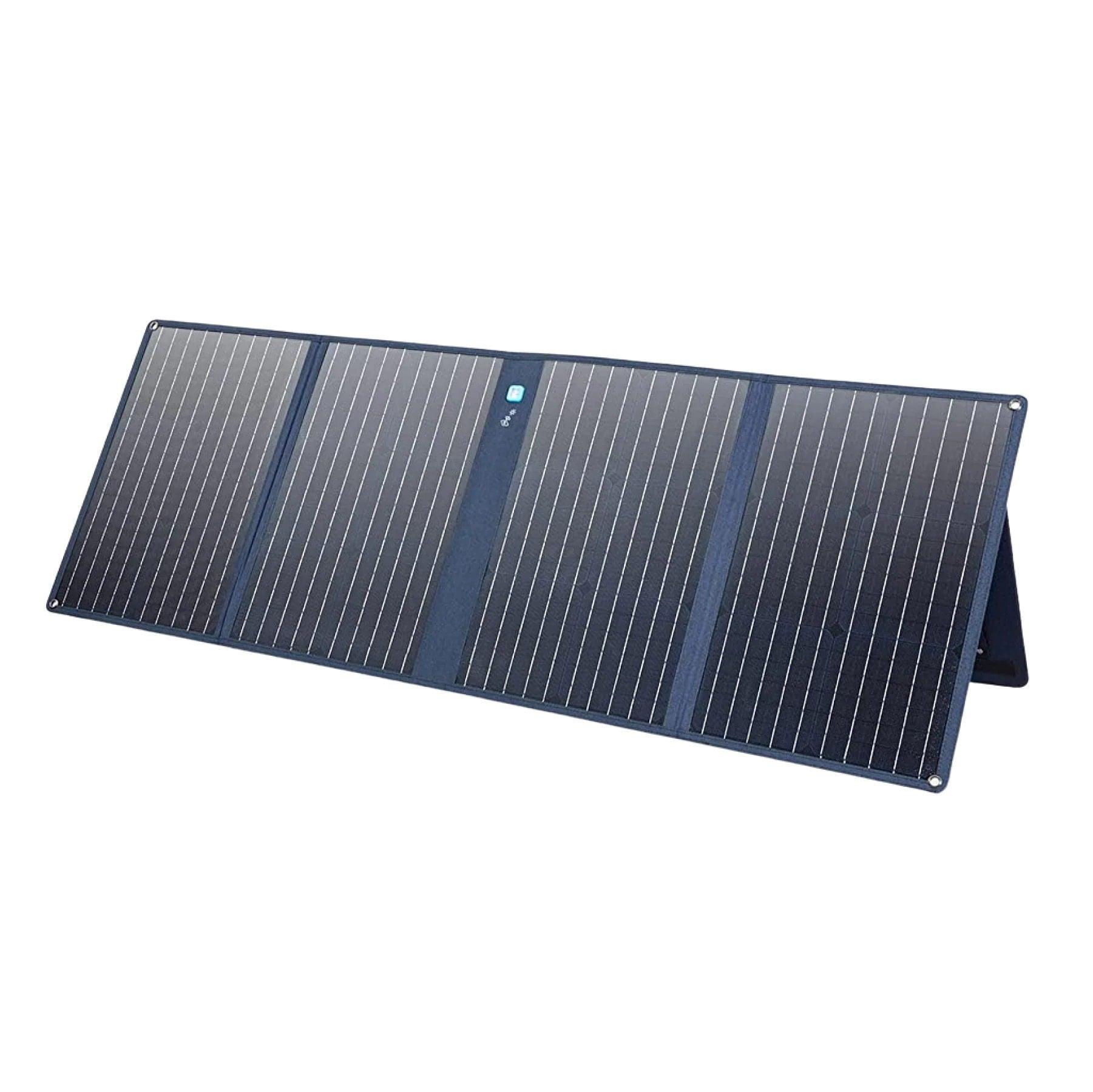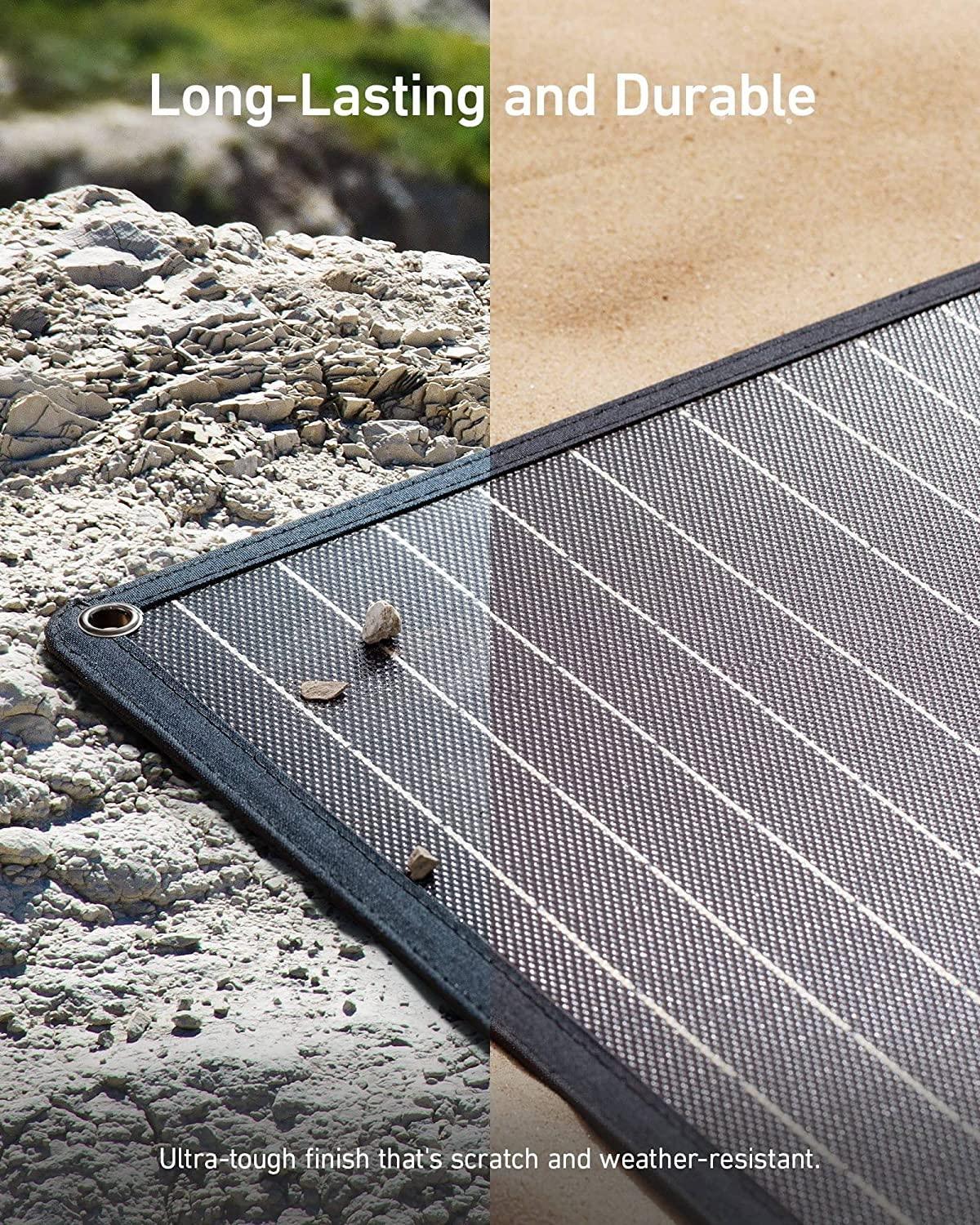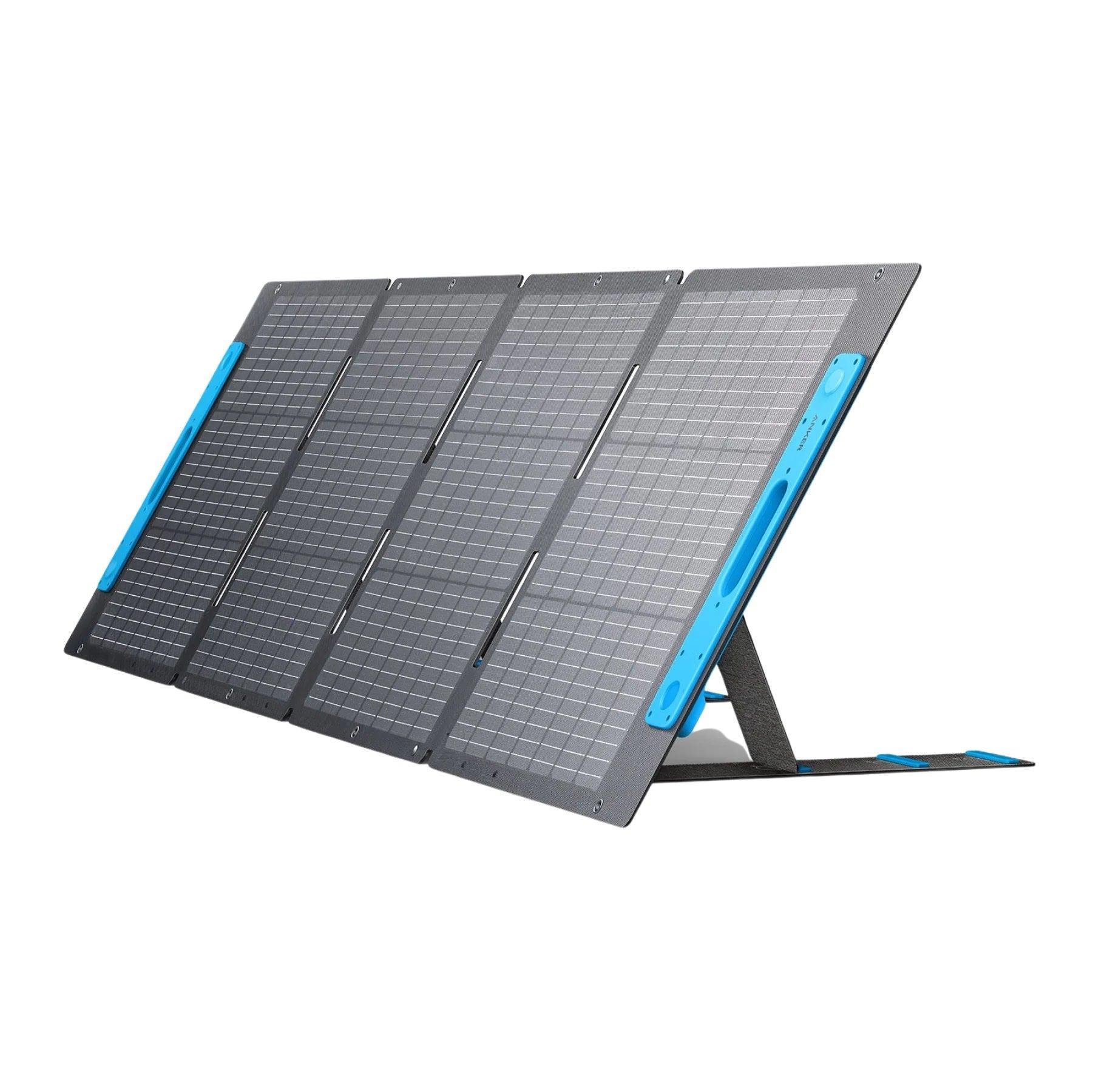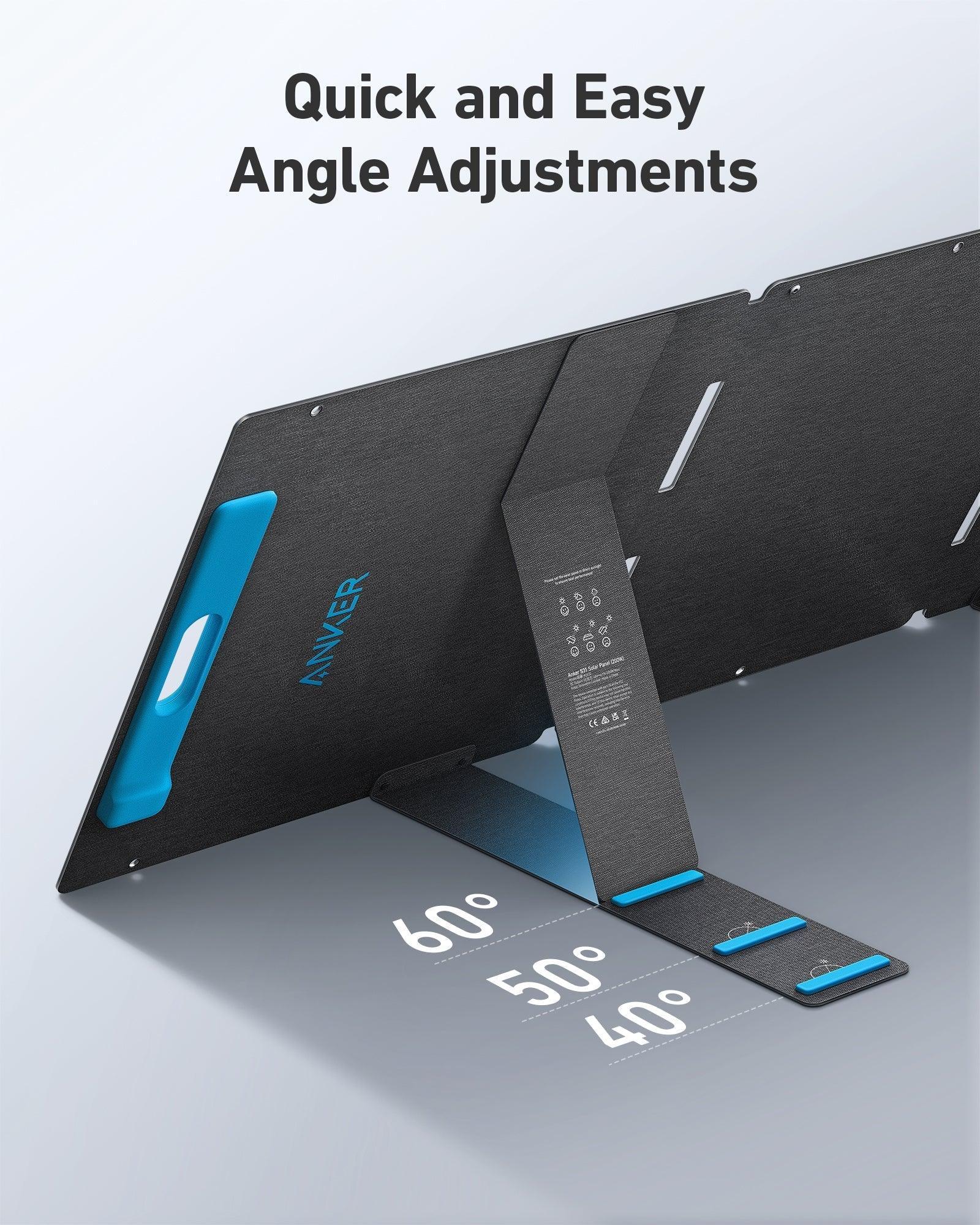Solar energy, a clean and sustainable power source, has become increasingly popular in the past few years as people seek out renewable and sustainable sources of energy. Solar panels are a great way to tap into this natural resource, but many people have questions about how much are solar panels. In this post, we will delve into the various factors that influence solar panels prices, explore the affordability of solar systems, and shed light on the long-term benefits they offer. Whether you're considering a residential solar installation or simply curious about the financial aspects of solar energy, join us as we uncover the ins and outs of solar panel costs and how they contribute to a greener and more sustainable future.

How Much Do Solar Panels Cost for Home
The cost of solar panels for home installations can vary depending on factors such as the size of the solar system, the type, and quality of the solar panels, installation complexity, and any additional components required for the specific setup. On average, a residential solar panel system in the United States may cost is around $20,650 before any potential incentives or tax credits. The average cost per watt of solar panels is typically around $3 to $5. You can check the cost of solar panels of several states in the United States from the following sheet.
|
State |
Cost for 6-kW system (before tax credit) |
Federal tax credit value |
Cost per watt |
|
California |
$17,160 |
$5,148 |
$2.86 |
|
New York |
$20,880 |
$6,264 |
$3.48 |
|
Washington |
$19,500 |
$5,850 |
$3.25 |
|
Florida |
$15,480 |
$4,644 |
$2.58 |
|
Illinois |
$18,960 |
$5,688 |
$3.16 |
|
Maryland |
$18,780 |
$5,634 |
$3.13 |
|
Massachusetts |
$21,240 |
$6,372 |
$3.54 |
|
New Jersey |
$17,700 |
$5,310 |
$2.95 |
|
New Mexico |
$20,340 |
$6,102 |
$3.39 |
|
Ohio |
$17,780 |
$5,364 |
$2.98 |
|
Pennsylvania |
$18,360 |
$5,508 |
$3.06 |
|
Texas |
$16,620 |
$4,986 |
$2.77 |
|
Virginia |
$18,240 |
$5,472 |
$3.04 |
Factors that Affect Solar Panel Costs
When considering how much for solar panels for home installations, several key factors come into play. Understanding these factors will help you grasp the various elements that contribute to the overall price of a solar system. Let's explore the major factors influencing solar panel costs:
System Size
The size of the solar panel system is a significant factor in determining the overall cost of solar panels. Larger systems with higher power output capacities will generally require more solar panels and associated components, resulting in a higher upfront cost. The system size is typically measured in kilowatts (kW) and is tailored to meet the specific energy needs of your home.
Types of Panels
The type and quality of solar panels you choose will impact the overall cost of solar panels. Different solar panel technologies, such as monocrystalline, polycrystalline, and thin-film, have varying levels of efficiency and price points. Among the three types of solar panels, monocrystalline panels are known for being the most efficient, providing the highest level of energy conversion and performance. High-efficiency panels might cost more initially but can offer better long-term performance and energy production.
Installation Process
The complexity of the installation process can influence the overall cost of the solar panel system. Factors such as the roof's condition, tilt, and orientation, as well as any necessary structural modifications, can affect installation expenses. Additionally, the location of your electrical system and utility connection may impact installation costs.

Additional Components to the System
In addition to the solar panels themselves, a complete solar panel system requires other components such as inverters, mounting racks, wiring, and monitoring systems. The quality and specifications of these additional components will impact the overall cost of the solar panel system.
Location and Labour Costs
The location of your home can also affect solar panel costs. Regional factors, such as sunlight availability and local permitting requirements, can influence the total expense. Labor costs can also vary based on the area's prevailing wages and the complexity of the installation.
How to Save Money on Solar Panels
Investing in solar panels can provide long-term financial and environmental benefits, but it's natural to explore ways to make the transition more cost-effective. Here are some strategies to help you save money on solar panels without compromising on quality and performance:
1. Explore Solar Incentives and Tax Credits:
Many governments and local authorities offer incentives and tax credits to encourage the adoption of solar energy. Research the available programs in your area, such as the federal solar tax credit and state-level incentives, to see how they can significantly reduce the upfront cost of your solar panel system.
2. Get Multiple Quotes from Solar Installers:
Obtaining quotes from different solar installers allows you to compare pricing, financing options, and the quality of solar panels offered. Don't hesitate to negotiate and seek competitive deals to ensure you get the best value for your investment.
3. Consider Financing Options:
If the upfront cost of purchasing solar panels is a concern, explore various financing options such as solar loans, leases, or power purchase agreements (PPAs). These alternatives allow you to pay for your solar system over time, making the transition to solar energy more affordable.
4. Opt for High-Quality, Efficient Panels:
While high-quality solar panels may have a slightly higher upfront cost, they often offer better performance, reliability, and longevity. Investing in efficient panels can lead to higher energy savings over the system's lifetime, making them a cost-effective choice in the long run. Want to find a cost-efficient solar panel, Anker 531 Solar Panel is the perfect choice. With its 3-mode angle adjustment, it harnesses the sun’s power and charges your essential appliances, even if you are off-grid.
5. Size Your System Wisely:
Determining the right size for your solar panel system is crucial. Oversizing your system can increase costs without providing proportional benefits, while undersized may not meet your energy needs adequately. Work with a reputable solar installer to assess your energy consumption and design a system that optimally matches your requirements.
6. Time Your Purchase Strategically:
Keep an eye out for seasonal or promotional offers from solar panel manufacturers and installers. Timing your purchase strategically can potentially help you take advantage of discounts and special deals, further reducing your solar panel costs.
7. Consider DIY Solar Panel Installation:
For experienced DIY enthusiasts, installing solar panels yourself can save on labor costs. However, this option requires a good understanding of electrical work and roof safety precautions. If you choose this route, ensure you comply with local regulations and safety standards.
How Long Does It Take to Break Even on Solar Panels?
Given the factors we have mentioned above, estimating the break-even point on solar panels involves comparing the upfront costs against the potential savings generated over time. To calculate the break-even point (expressed in years), divide the total system cost by the annual savings:
Break-Even Point (Years) = Total System Cost / Annual Savings
For example, if the total system cost is $20,000 and the annual savings on electricity bills is $2,000, the break-even point would be:
Break-Even Point (Years) = $20,000 / $2,000 = 10 years
In this case, it would take approximately 10 years to recoup the initial investment through electricity savings.
When talking about the average cost of solar panels, homeowners can expect to break even on solar panels within 6 to 10 years. However, there is considerable regional variation depending on local incentives, energy costs, and sunlight exposure.
It's important to note that most solar panel systems have a lifespan of 25 to 30 years, meaning that once you've reached the break-even point, you'll be generating free, clean energy for many years to come.
Are Solar Panels Worth It?

You may wonder are solar panels worth it, considering how expensive are solar panels. While the answer is yes. Solar panels can save money and protect the environment. With this smart investment, your electricity costs will be lowered and carbon emissions will be reduced. The key factor is your current electricity bill - the higher it is, the more a solar panel system will save you in the long run. Location plays a role too, so if you live in an area with high utility rates, you're in for major savings.
Conclusion
In conclusion, while the initial cost of solar panels may be substantial, the future financial and environmental benefits they offer make them a worthwhile investment. Factors such as panel type, climate, and energy needs play a crucial role in determining the overall costs and the feasibility of going solar. By taking advantage of federal and state incentives, you can significantly reduce upfront expenses and maximize long-term savings.
To make an informed decision, it's advisable to obtain quotes from multiple solar companies. Comparing equipment quality, costs, financing options, and warranties will help you find the best rates and ensure a reliable and efficient solar panel system. Embracing solar energy not only lowers electricity bills but also contributes to a cleaner and more sustainable future for generations to come.
















